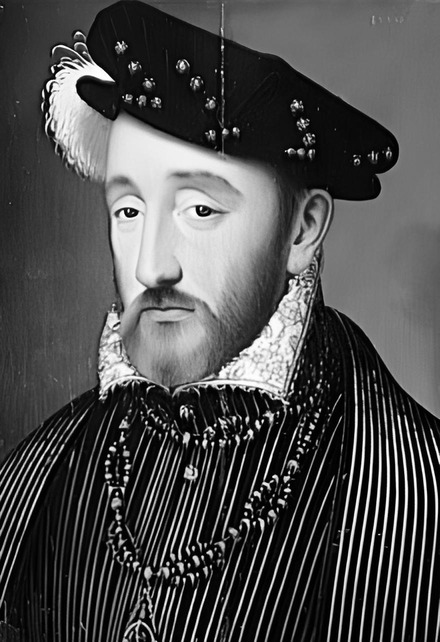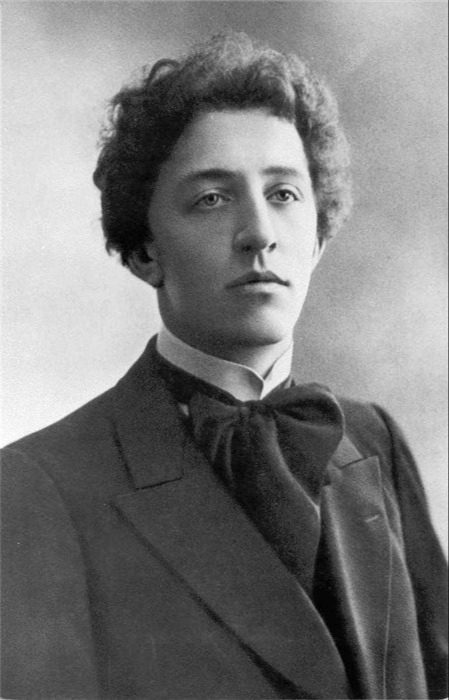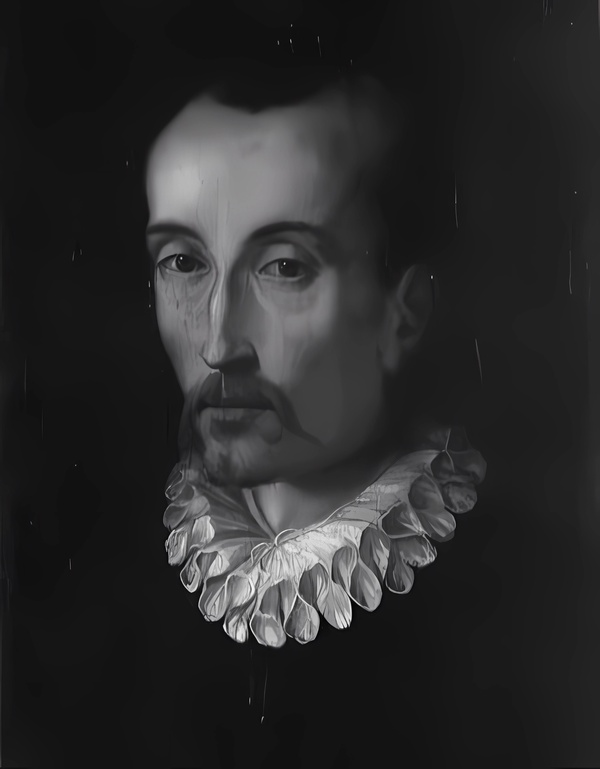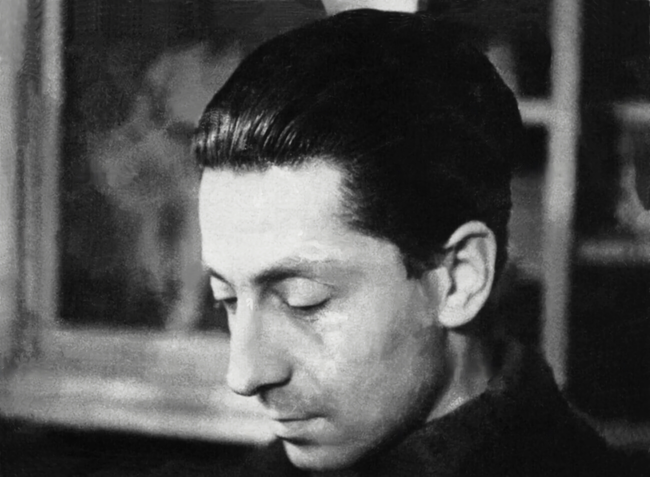Emma Goldman (1869-1940), anarquista, activista política, exiliada, agitadora, errante, antimilitarista. Nacida en Kovno, la actual Kaunas, Lituania, en el entonces Imperio Ruso. Tuvo polémica influencia entre el 1890 y el 1917 en Estados Unidos, donde critica al puritanismo y al angloprotestantismo. Se une al colectivo anarquista, donde conoce a Alexander Berkman. Con el inicio de la Primera Guerra Mundial se opuso al reclutamiento militar. Además, Emma Goldman habló sobre obras dramáticas contemporáneas de Henrik Ibsen, August Strindberg, George Bernard Shaw, etc. Goldman era conocida como “Emma, la Roja”. Fue deportada a la Unión Soviética y allí escribe Mi desilusión en Rusia (1923). Erró por Suecia, Alemania, Inglaterra, Francia, etc. Firme en la difusión de su pensamiento. Sus vivencias y memorias se conservan en Vivir mi vida (1931). Antes de morir, trabajó para la causa antifascista en la Guerra Civil española. Fallece en 1940 en Toronto, Canadá.
— Άπώλεια
LA HIPOCRESÍA DEL PURITANISMO
EMMA GOLDMAN
Hablando del puritanismo en relación con el arte americano, el Sr. Gutzen Burglum dijo: «El puritanismo nos ha hecho egocéntricos e hipócritas durante tanto tiempo, que la sinceridad y la reverencia por lo que es natural en nuestros impulsos han sido bastante criados en nosotros, con el resultado de que no puede haber ni verdad ni individualidad en nuestro arte.»
El Sr. Burglum podría haber añadido que el puritanismo ha hecho imposible la vida misma. Más que el arte, más que el esteticismo, la vida representa la belleza en mil variaciones; es, en efecto, un gigantesco panorama de eterno cambio. El puritanismo, en cambio, se apoya en una concepción fija e inamovible de la vida; se basa en la idea calvinista de que la vida es una maldición, impuesta al hombre por la ira de Dios. Para redimirse, el hombre debe hacer una penitencia constante, debe repudiar todo impulso natural y saludable, y dar la espalda a la alegría y la belleza.
El puritanismo celebró su reinado de terror en Inglaterra durante los siglos XVI y XVII, destruyendo y aplastando toda manifestación de arte y cultura. Fue el espíritu del puritanismo el que privó a Shelley de sus hijos, porque no quiso plegarse a los dictados de la religión. Fue el mismo espíritu estrecho el que alejó a Byron de su tierra natal, porque ese gran genio se rebeló contra la monotonía, la torpeza y la mezquindad de su país. También fue el puritanismo el que obligó a algunas de las mujeres más libres de Inglaterra a caer en la mentira convencional del matrimonio: Mary Wollstonecraft y, más tarde, George Eliot. Y recientemente el puritanismo se ha cobrado otro peaje: la vida de Oscar Wilde. De hecho, el puritanismo nunca ha dejado de ser el factor más pernicioso en el dominio de John Bull, actuando como censor de la expresión artística de su pueblo, e imprimiendo su aprobación sólo a la torpeza de la respetabilidad de la clase media.
Emma Goldman (1869-1940), anarchist, political activist, exile, agitator, wanderer, antimilitarist. Born in Kovno, present-day Kaunas, Lithuania, in the then Russian Empire. She was controversially influential between 1890 and 1917 in the United States, where she criticized Puritanism and Anglo-Protestantism. He joined the anarchist collective, where he met Alexander Berkman. With the outbreak of World War I, she opposed military conscription. In addition, Emma Goldman spoke about contemporary dramatic works by Henrik Ibsen, August Strindberg, George Bernard Shaw, etc. Goldman was known as «Red Emma». She was deported to the Soviet Union and there she wrote My Disillusionment in Russia (1923). She wandered through Sweden, Germany, England, France, etc. Firm in the diffusion of her thought. His experiences and memoirs are preserved in Vivir mi vida (1931). Before his death, he worked for the anti-fascist cause in the Spanish Civil War. He died in 1940 in Toronto, Canada.
— Άπώλεια
THE HYPOCRISY OF PURITANISM
EMMA GOLDMAN
Speaking of Puritanism in relation to American art, Mr. Gutzen Burglum said: «Puritanism has made us self-centered and hypocritical for so long, that sincerity and reverence for what is natural in our impulses have been fairly bred out of us, with the result that there can be neither truth nor individuality in our art.»
Mr. Burglum might have added that Puritanism has made life itself impossible. More than art, more than estheticism, life represents beauty in a thousand variations; it is, indeed, a gigantic panorama of eternal change. Puritanism, on the other hand, rests on a fixed and immovable conception of life; it is based on the Calvinistic idea that life is a curse, imposed upon man by the wrath of God. In order to redeem himself man must do constant penance, must repudiate every natural and healthy impulse, and turn his back on joy and beauty.
Puritanism celebrated its reign of terror in England during the sixteenth and seventeenth centuries, destroying and crushing every manifestation of art and culture. It was the spirit of Puritanism which robbed Shelley of his children, because he would not bow to the dicta of religion. It was the same narrow spirit which alienated Byron from his native land, because that great genius rebelled against the monotony, dullness, and pettiness of his country. It was Puritanism, too, that forced some of England’s freest women into the conventional lie of marriage: Mary Wollstonecraft and, later, George Eliot. And recently Puritanism has demanded another toll—the life of Oscar Wilde. In fact, Puritanism has never ceased to be the most pernicious factor in the domain of John Bull, acting as censor of the artistic expression of his people, and stamping its approval only on the dullness of middle-class respectability.
Extraído de Goldman, Emma. ANARCHISM AND OTHER ESSAYS. Duke Classics, 2012.
Solicita impresión personalizada en los talleres de Hammer&Hammer






